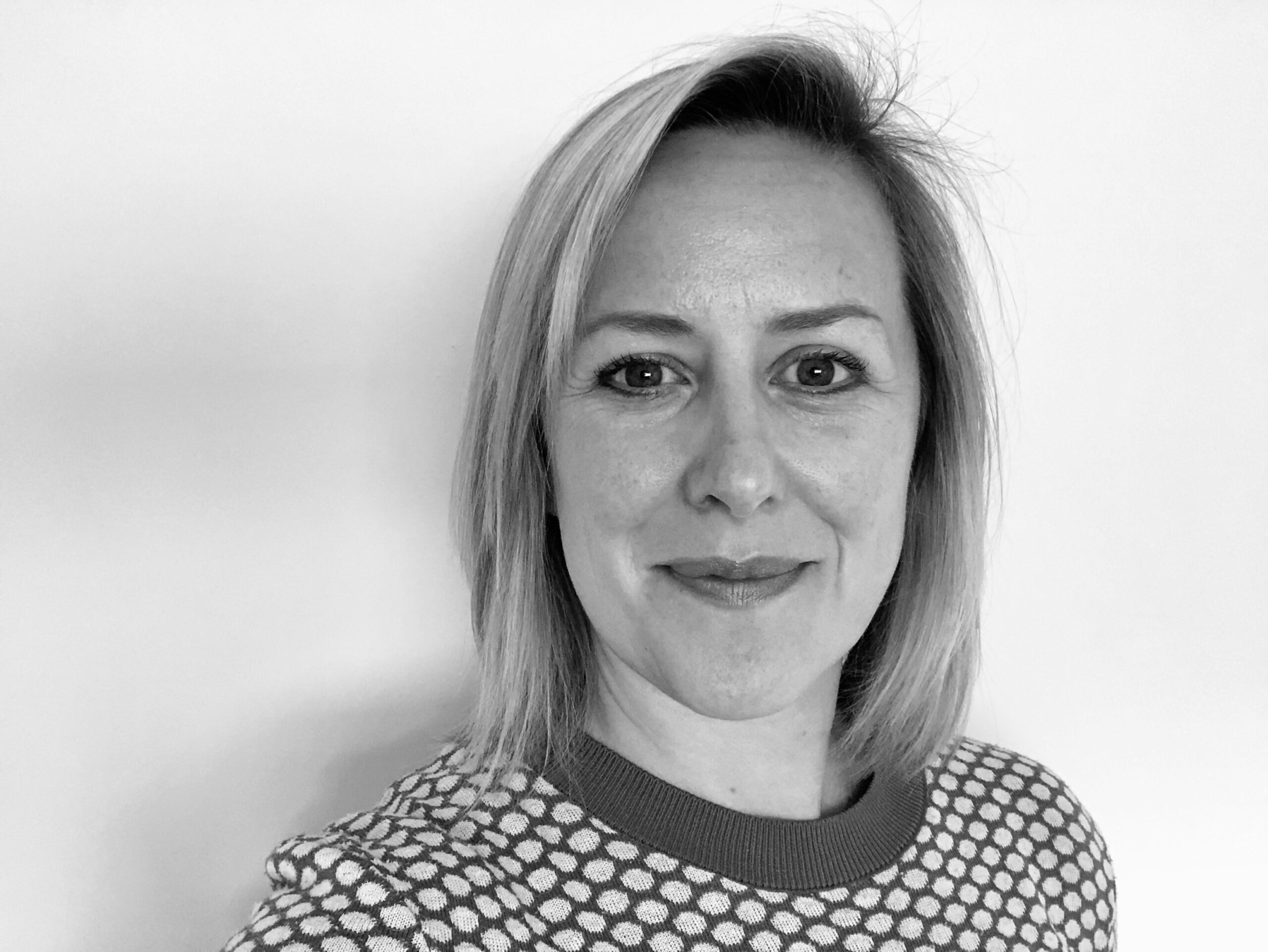Emma Hutton on why intersectionality is more than just an academic buzzword – it needs to become a way of life
Like many of us in the third sector, I came to this work because of my personal experiences of injustice, inequality and exclusion.
Growing up with a parent whose mental illness meant poverty, stigma and loneliness for them and our whole family – that was tough. Growing up in a community thrown on the scrapheap during the 'laissez faire' economics of the 1980s – also tough.
By the time I made it to university (the first in my family), I had already seen and experienced a lot of injustice. It was strange, and frankly sometimes enraging, to sit in tutorials with people from what felt like other worlds, debating political theories about social justice. My blood still boils when I think about Charles Murray’s “underclass theory” and my fellow students discussing people – people I knew and loved – in those terms.
So, if I’m being honest, I’ve always found academic concepts and frameworks of social justice a bit alienating. However, I’ve also learned – and am still learning – that I need to get over myself! And that in fact, understanding inequality and injustice in conceptual terms can be an important base for taking meaningful practical steps to change things for the better.
This is a live conversation for us in our work at JustRight Scotland. We’ve begun to look at what we do, and how we do it, through an intersectional lens.
Originally developed by black feminist scholar Kimberlé Crenshaw, intersectionality recognises that we all have multiple aspects of our identities and that our different characteristics can intersect and overlap to intensify our experiences of discrimination and exclusion. To give an example, the sexism experienced by a woman of colour is amplified by the racism she also experiences, intensifying her exclusion compared to a white woman.
Our driving aim at JustRight Scotland is to use the law to defend and extend the rights of people who are furthest from experiencing justice. We’ve always looked for the gaps and tried to fill them. That’s why we run legal services for women survivors of gender-based violence, refugees, survivors of trafficking, LGBT+ communities, and disabled people.
And we’ve always been guided by a core value of inclusion. But like many organisations, we know we need to do more to really be sure those principles and values are translating into the best possible practice.
We’ve been guided in our internal journey here by the brilliant Talat Yaqoob, and now we’re challenging ourselves to think, plan and deliver our work differently. How can we redesign our services to make sure they're genuinely accessible to someone who’s experiencing multiple and intersecting inequalities? How can we rethink our internal practices to remove intersecting barriers to people joining our board and our staff team? How can we collect and monitor the right data? How will we know when we’re getting this right?
None of this is straightforward or easy. For it to be meaningful, it needs to be guided and shaped by people’s lived experiences of overlapping injustices. And that means taking great care to build trusted relationships, share power, and put resources in place to support people to participate in shaping our future work.
But for us, and for me personally, intersectionality is definitely more than just an academic concept or buzzword – it needs to become our way of life. As we move ahead in our own work, we would love to hear from others across the third sector who feel the same way.
Emma Hutton is chief executive of JustRight Scotland, a Glasgow-based charity that uses the law to defend and extend people’s rights.







